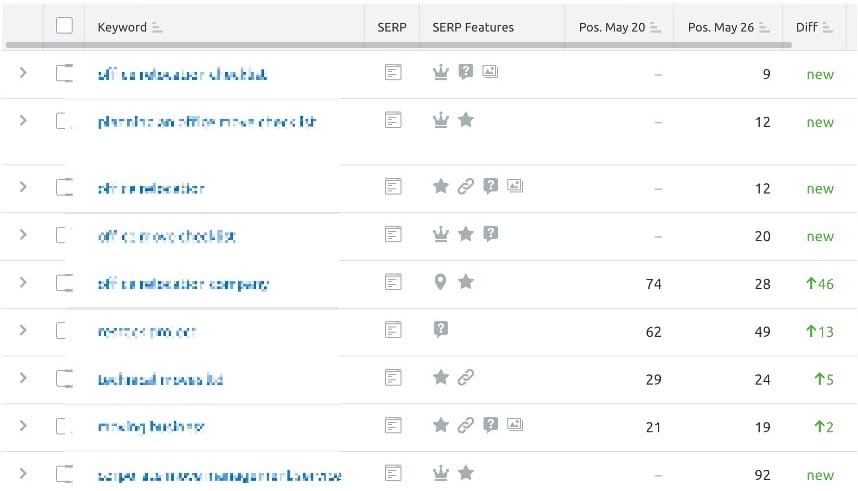Content marketing is one of the core services at Magenta, aided by the fact that we have multiple former journalists on our books. We pride ourselves on creating high-quality content that will resonate with its audience. But it’s equally important to know how to write quality content for SEO.
Fortunately, the two go hand in hand. If you write something that provides a great user experience, chances are that it will also be beneficial for SEO.
There are a range of factors that determine the quality of a piece of content. In this blog, I’m going to look at Google E-A-T specifically and how it leads to quality content for SEO – and user experience.
What is Google E-A-T?
E-A-T stands for expertise, authoritativeness, and trustworthiness. It’s really grown in importance since a major Google algorithm update in August 2018. It’s not a major ranking factor by itself, but if a website is considering E-A-T in all its content then that suggests a holistic approach to SEO and content marketing, which is a good thing.
Expertise
Expertise means having a high level of knowledge or skill in a particular field. We work with numerous experts in their field, from water system management to chemical-free cleaning, and from architecture to workplace design. These people are highly qualified spokespeople within their field.
This alone is not enough for Google. The content must be engaging and deliver the information that readers want in an accessible way.
You can achieve this through keyword research, focusing on the intent behind various search queries. Answer those queries in a comprehensive and digestible way.
We did this for a current client and created a blog calendar targeting certain keywords. As the table shows, the impact has been dramatic. The company now ranks in the top 20 results for keywords that it was previously unranked for.

Authoritativeness
Authority is a step up from expertise and relates to the brand as well as the individual. Authority is a relative concept but there are some things that can help to create and grow it:
- Backlinks from relevant and authoritative websites
- Mentions in the media, for the individual and the brand
- Content from your website is widely shared
- A high branded search volume – if people are searching specifically for your company
- Reviews, recommendations, and case studies; Google Reviews are particularly useful for SEO
Trustworthiness
This is another relative concept. For example, Magenta is a trustworthy source in the built environment, but not in fashion. It’s a critical factor as people will not do business with a company that they don’t trust. Here are some factors that can impact trustworthiness:
- Reviews on Google, Facebook, Trustpilot, and other well-known review sites. Positive reviews are helpful, but it’s equally important to respond to any negative reviews quickly and efficiently
- Clear contact information for the author of the article
- A biography of the author, or a link to one elsewhere on the website
- Having a physical address on your website
- Having business T&Cs and a privacy policy on your website
- Accuracy of content and citing trustworthy sources
Key takeaways
Following E-A-T as a framework is a good start when considering how to write quality content, even before you consider user experience and SEO. As with other facets of SEO, it does take time to build and there’s no quick win. But if you stick to the E-A-T principles, you’ll see long-term benefits At Magenta, we are experts in writing quality content for SEO and different audiences, ensuring our writing seamlessly integrates with traditional PR and communications.
Contact us today to chat about how we can support your business. And be sure to check back on our blog for more SEO advice!








